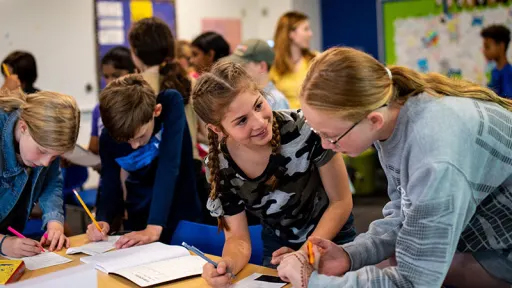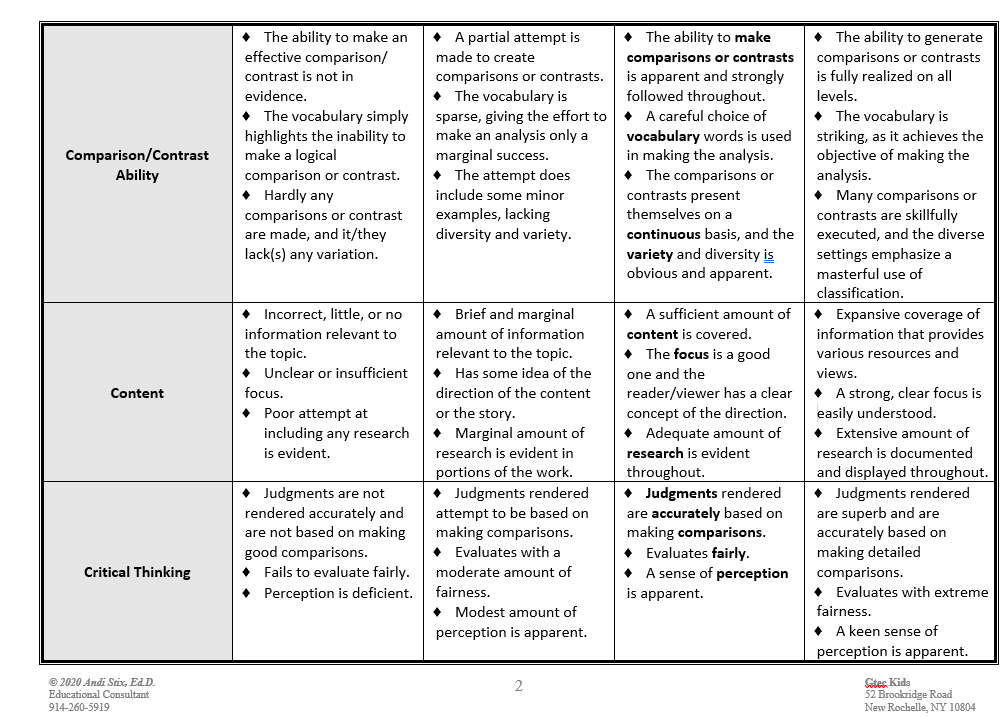Can Our Gifted Children Remain Gifted?
Oftentimes parents think their children are above average because they read at an early age. In many instances, parents confuse a child’s ability to remember things accurately with the notion that the youngster is above the norm. By 3rd grade, children who read at the average maturational period catch up, and the playing field becomes more level. According to the National Assessment of Educational Progress (NAEP), a large number of students who are considered gifted in 4th grade are no longer identified as...
Read More











